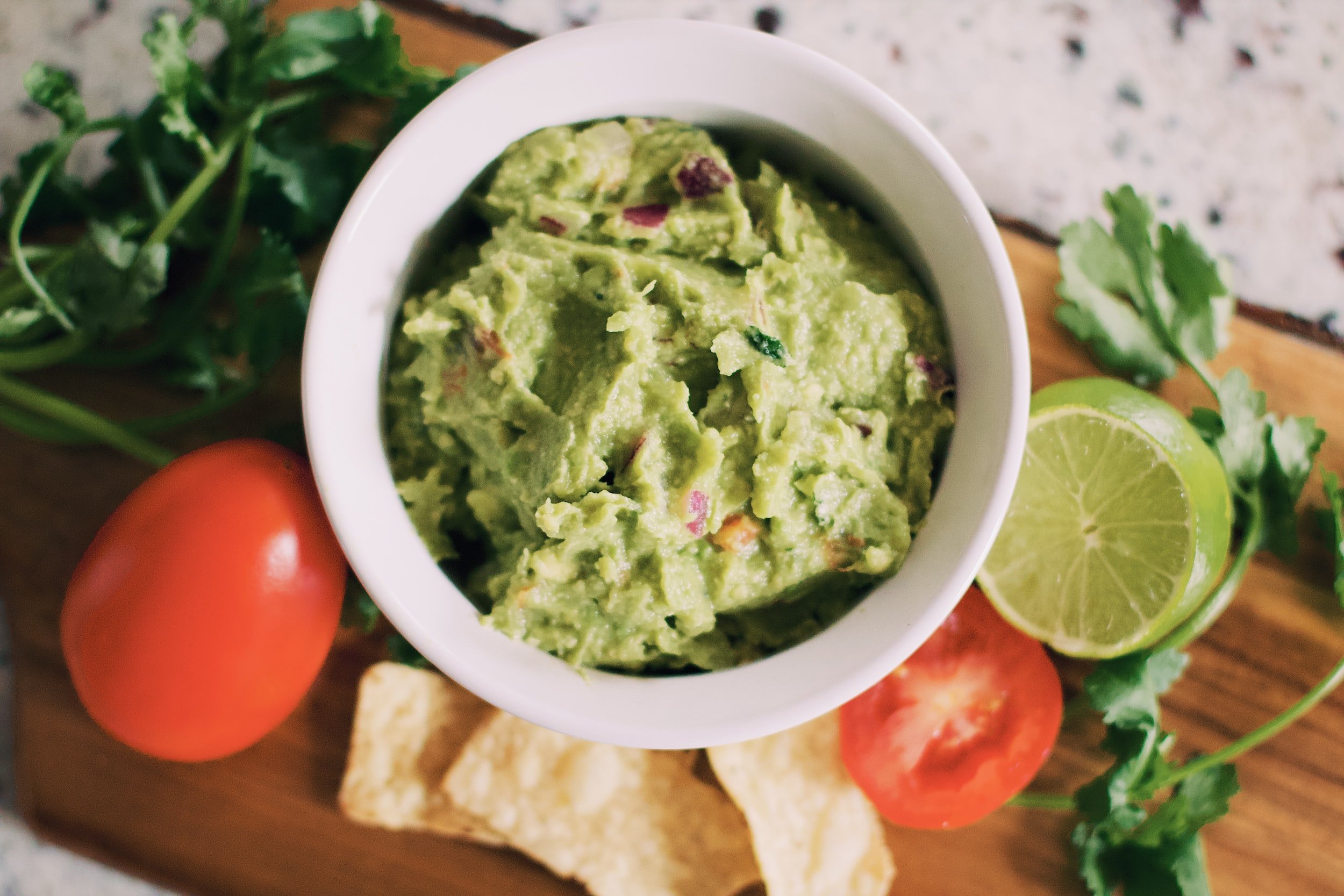The Benefits of Avocado
Avocados are a highly nutritious fruit that can offer a wide range of health benefits.
One of the most notable benefits of avocados is that they are an excellent source of healthy fats. Avocados are high in monounsaturated fats, which have been shown to lower LDL (bad) cholesterol levels and increase HDL (good) cholesterol levels. This can help to reduce the risk of heart disease and stroke.
Avocados are also a great source of fiber, which can help to keep you feeling full and satisfied. This can make them a useful food to include in a weight loss diet. They also have a low glycemic index (GI) value, which means they won't cause your blood sugar levels to spike.
In addition to these benefits, avocados are also rich in a wide range of vitamins and minerals, including potassium, vitamin K, vitamin E, and vitamin C. They are also a good source of folate, which is important for pregnant women and those trying to conceive.
Another benefit of avocados is that they are very versatile in the kitchen. They can be used in a wide range of recipes, from guacamole to smoothies to salad dressings. This makes it easy to incorporate them into your diet in a variety of ways.
Overall, avocados are a highly nutritious and delicious food that can offer a wide range of health benefits. Whether you're looking to improve your heart health, lose weight, or just boost your overall nutrient intake, incorporating avocados into your diet is a great way to do so.
Nutritional Information
Avocados are a nutrient-dense food that are high in healthy fats, fiber, and various vitamins and minerals. Some key nutritional information for avocados includes:
-Calories: One medium avocado (around 150g) contains around 227 calories.
-Fat: An avocado contains approximately 21g of fat, with the majority of this being monounsaturated fat.
-Vitamin K: Avocados are a very good source of vitamin K, with one medium avocado providing around 27% of the recommended daily intake.
-Folate: Avocados are also a good source of folate, with one medium avocado providing around 20% of the recommended daily intake.
-Potassium: Avocados are an excellent source of potassium, with one medium avocado providing around 14% of the recommended daily intake.
-Vitamin C: Avocados also provide a small amount of vitamin C, with one medium avocado providing around 10% of the recommended daily intake.
In general, avocado is low in sugar and carbohydrate, and high in healthy monounsaturated fats, fiber, potassium and Vitamin K. And is considered a good addition in balanced diet.
Best way to preserve Avocado
There are several ways to preserve avocados, depending on the ripeness of the fruit and the desired length of storage. Some methods include:
Refrigeration: If you have ripe avocados that you're not planning to use right away, you can store them in the refrigerator. This will slow down the ripening process and keep the avocados fresh for a longer period of time.
Freezing: You can also freeze avocados to preserve them for a longer period of time. To do this, simply mash the avocado or puree it and transfer it to an airtight container or freezer bag. Make sure to remove as much air as possible before sealing the container or bag. Frozen avocados will keep for up to six months.
Guacamole: Another way to preserve avocados is to make guacamole. Guacamole can be stored in the refrigerator for up to three days. To help keep the guacamole from turning brown, press plastic wrap directly onto the surface of the guacamole and refrigerate.
Lemon or Lime Juice: If you have half-ripe avocado and want to slow down the process of ripening, you can brush the cut surfaces with lemon or lime juice before storing it in airtight container and place it in refrigerator.
It is important to note that once an avocado is cut, it starts to oxidize and turn brown. To slow this process down, you can squeeze lemon or lime juice on the cut surfaces, it will help keep it fresh.
Ultimately, the best way to preserve avocados will depend on your specific situation and the ripeness of the fruit.
Traditional Guacamole recipe with nutritional information
Traditional guacamole is a simple and delicious dip or spread that is typically made with avocado, tomato, onion, cilantro, lime juice, and salt. Here is a basic recipe for traditional guacamole, along with some approximate nutritional information per serving (1/4 cup):
Ingredients:
2 ripe avocados
1/4 cup diced tomato
1/4 cup diced onion
2 tablespoons chopped fresh cilantro
1 tablespoon lime juice
Salt, to taste
Instructions:
Cut the avocados in half and remove the pit. Scoop the avocado flesh into a medium bowl.
Mash the avocado with a fork or potato masher until it reaches your desired consistency.
Add the diced tomato, onion, cilantro, lime juice, and salt to the mashed avocado. Mix well to combine.
Taste and adjust seasoning as needed.
Serve immediately or refrigerate until ready to use.
Guacamole can be used as a dip, spread, or topping for various dishes, such as tacos, burritos, or nachos.
Nutritional information per serving :
Calories: 84 Fat: 8 g Saturated fat: 1 g Carbohydrates: 5 g Fiber: 3 g Sugar:1 g Protein: 1 g Sodium: 94mg
Guacamole, being based on avocado which is high in healthy monounsaturated fats and fiber and relatively low in carbs, sugar and salt, is considered a healthy option for a dip or spread. The other ingredients like tomato, onion, cilantro and lime juice provide additional nutritional benefits and enhance the taste.

